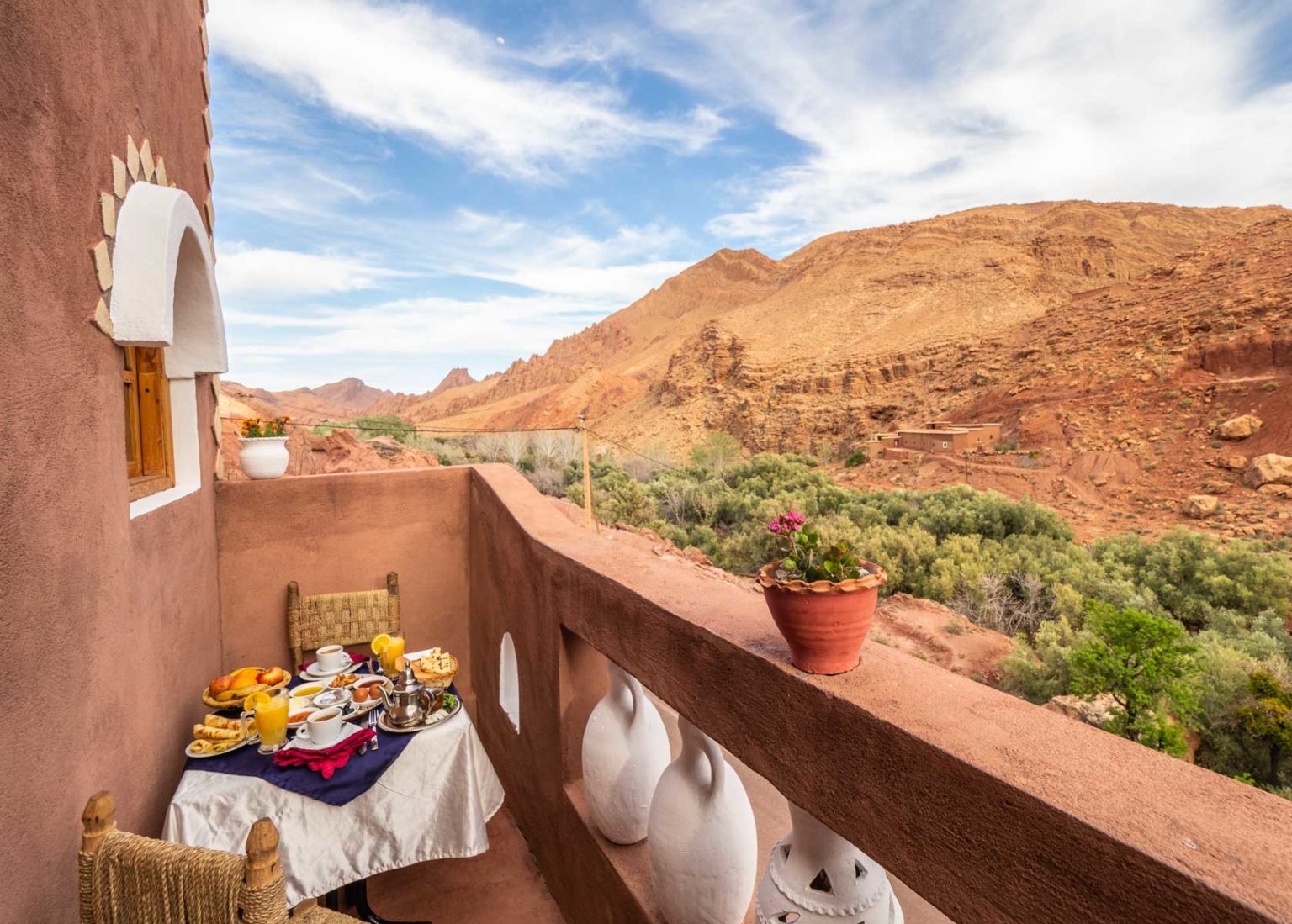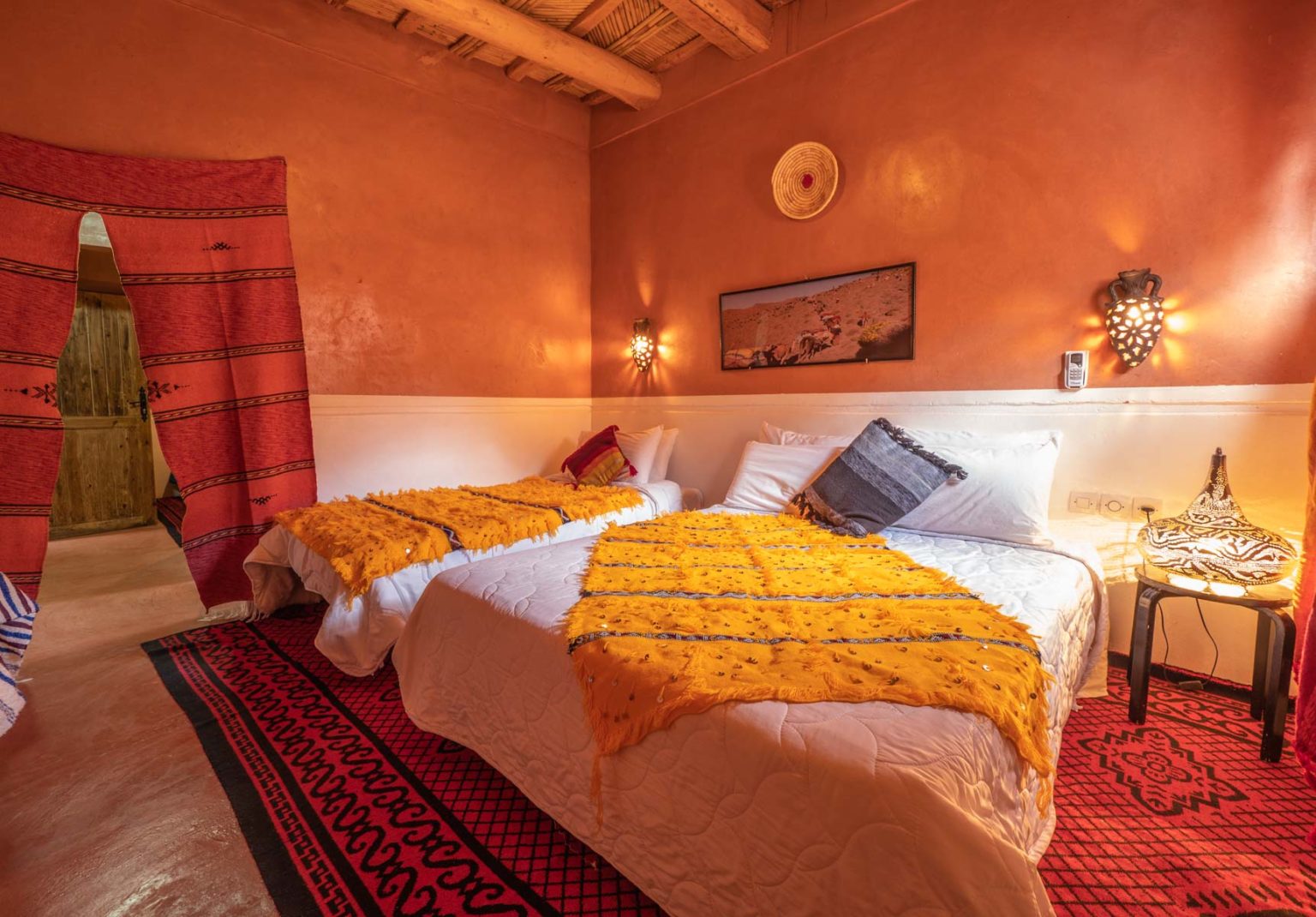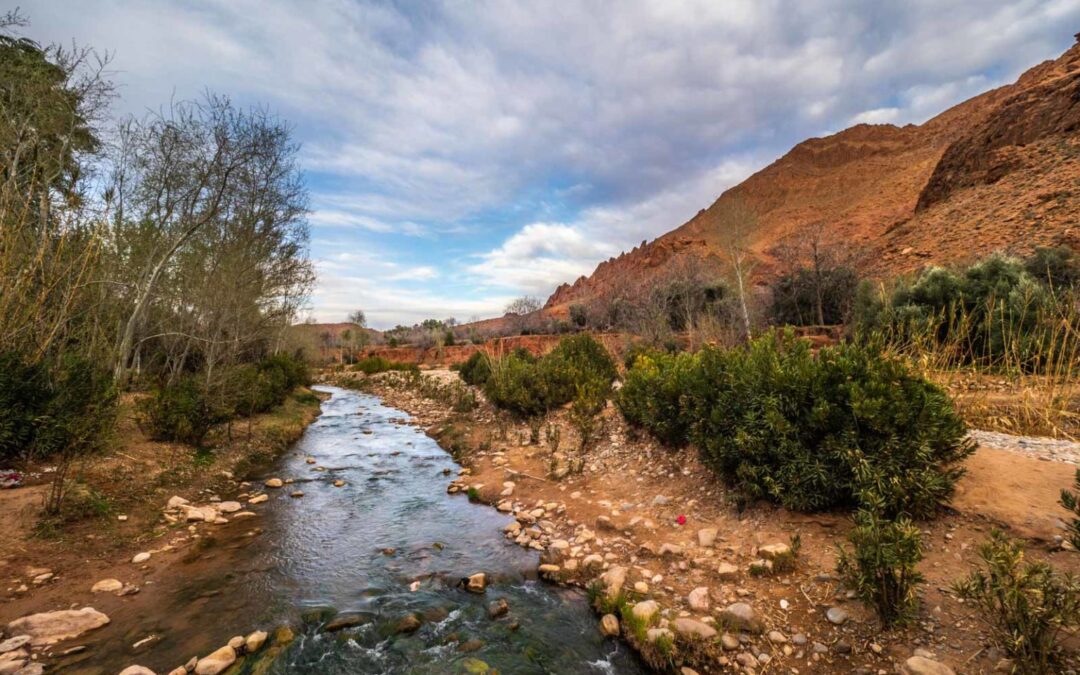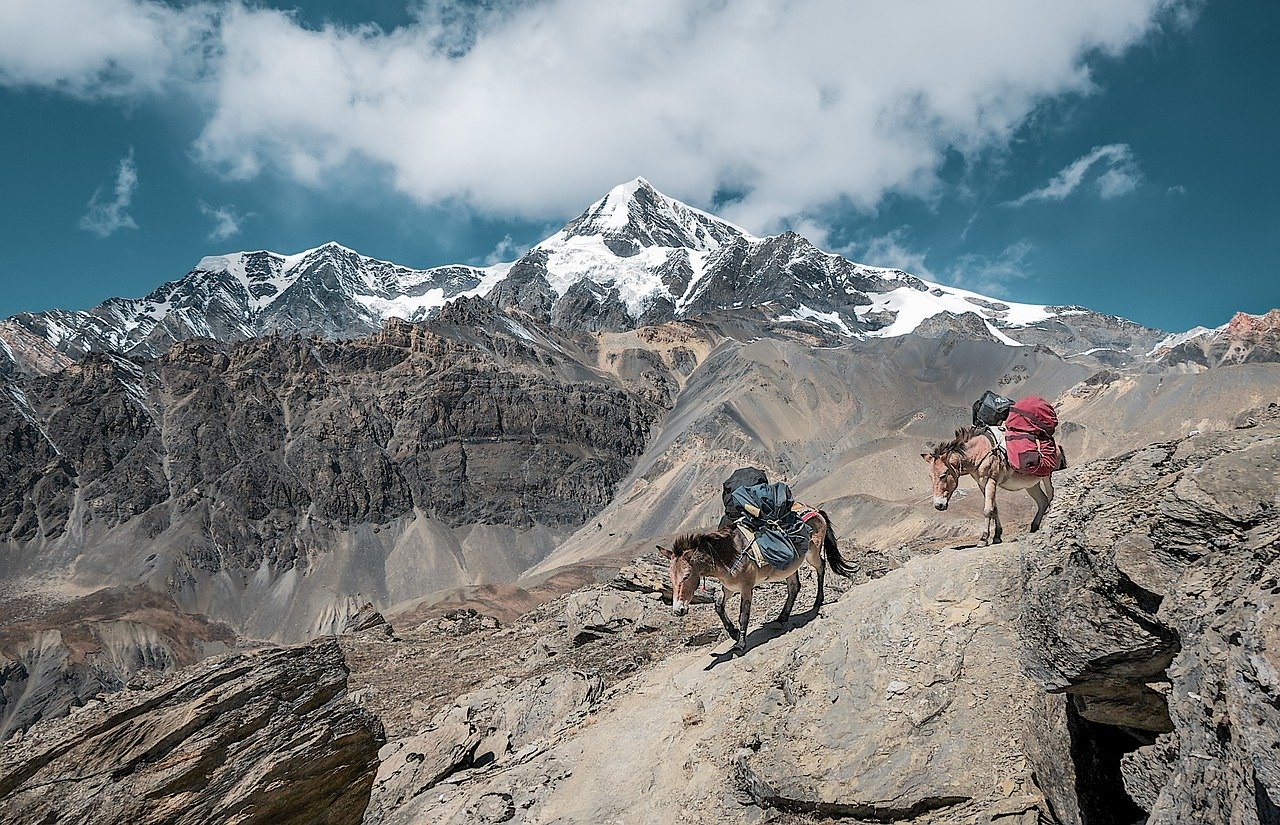
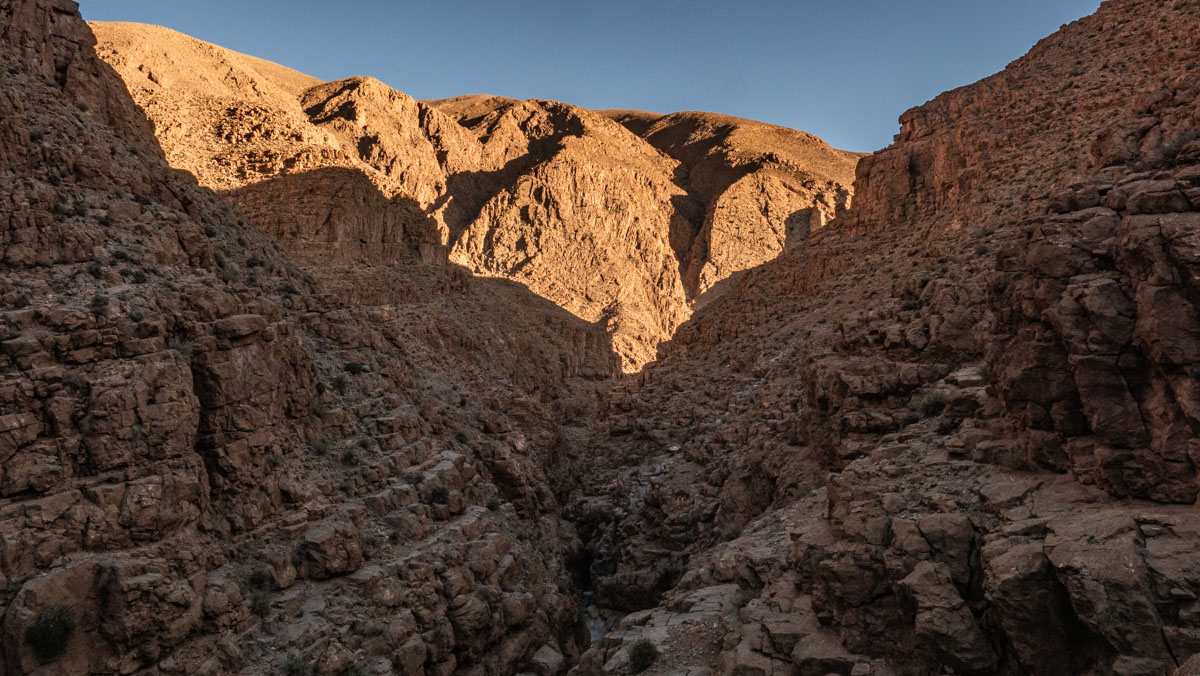
A Guide to Eco-Tourism in Berber Regions of Morocco
Exploring the Berber Culture
When it comes to eco-tourism in Morocco, the Berber regions offer a unique experience that combines sustainable travel with cultural immersion. The Berber people have a rich history and unique traditions that have been preserved for centuries in the Atlas Mountains and beyond.
Discovering Auberge Atlas Dades
One of the key destinations for eco-tourism in the Berber regions is Auberge Atlas Dades. This charming eco-lodge offers visitors a chance to stay in traditional Berber accommodations while enjoying the stunning landscapes of the Dades Valley. The lodge is committed to sustainable practices and works closely with the local community to provide an authentic experience for guests.
Activities in the Region
Visitors to Auberge Atlas Dades can engage in a variety of eco-friendly activities that showcase the beauty of the Berber regions. From guided hikes through the rugged mountains to cultural workshops with local artisans, there is something for everyone to enjoy while minimizing the impact on the environment.
Responsible Travel Practices
As eco-tourism becomes more popular, it is essential to practice responsible travel to ensure the preservation of the environment and the well-being of local communities. At Auberge Atlas Dades, guests are encouraged to respect the natural surroundings, support local businesses, and engage in cultural exchanges that promote mutual understanding.
Preserving Nature and Culture
By choosing eco-tourism in the Berber regions of Morocco, travelers can contribute to the preservation of both nature and culture. The sustainable practices promoted by Auberge Atlas Dades help protect the fragile ecosystems of the Atlas Mountains while also supporting the livelihoods of the Berber communities.
Conclusion
Embarking on an eco-tourism journey in the Berber regions of Morocco is not only a rewarding experience for travelers but also a way to support sustainable development and cultural preservation. Auberge Atlas Dades stands as a beacon of responsible travel, offering visitors a chance to connect with nature and local traditions while leaving a positive impact on the environment.
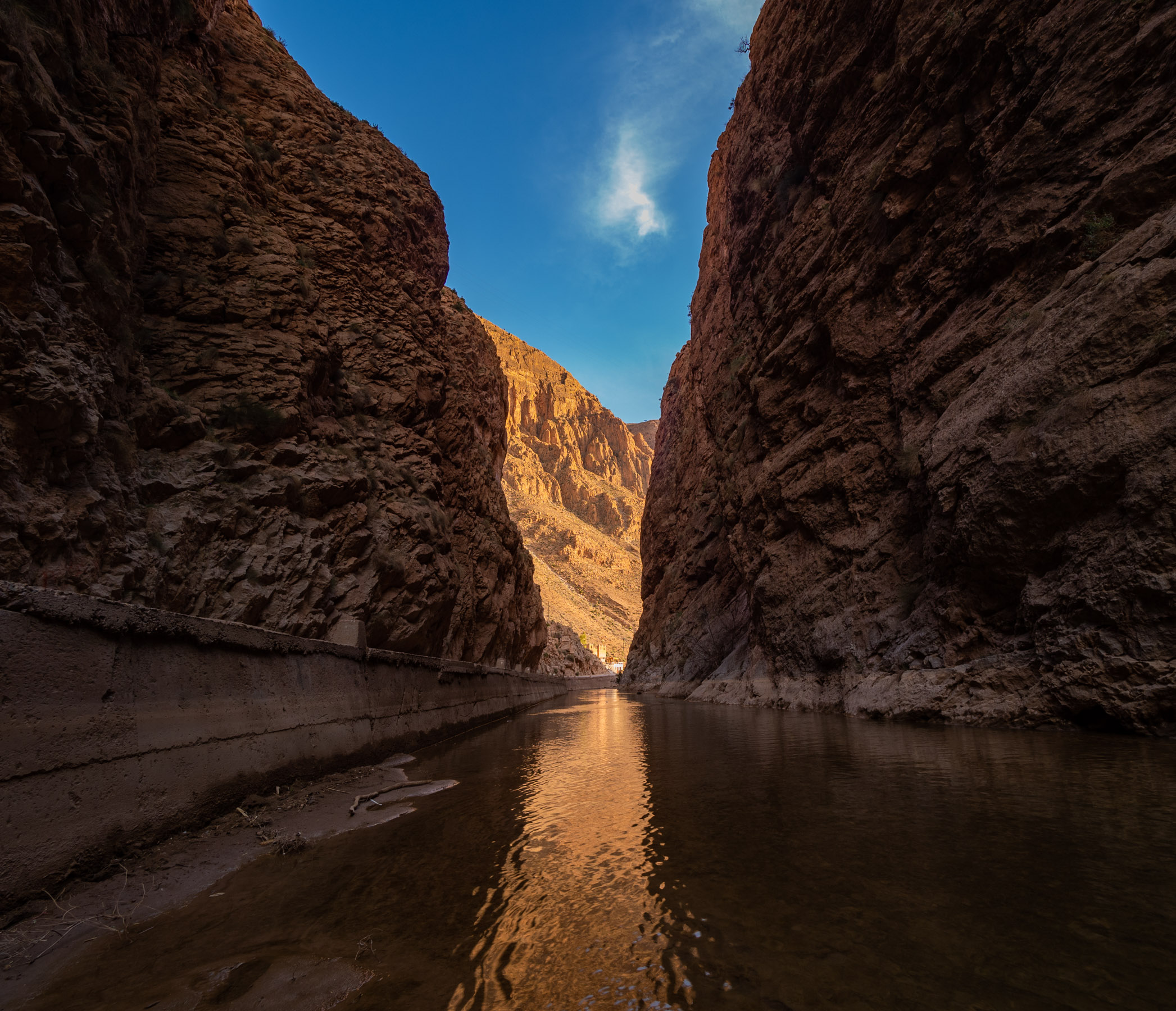
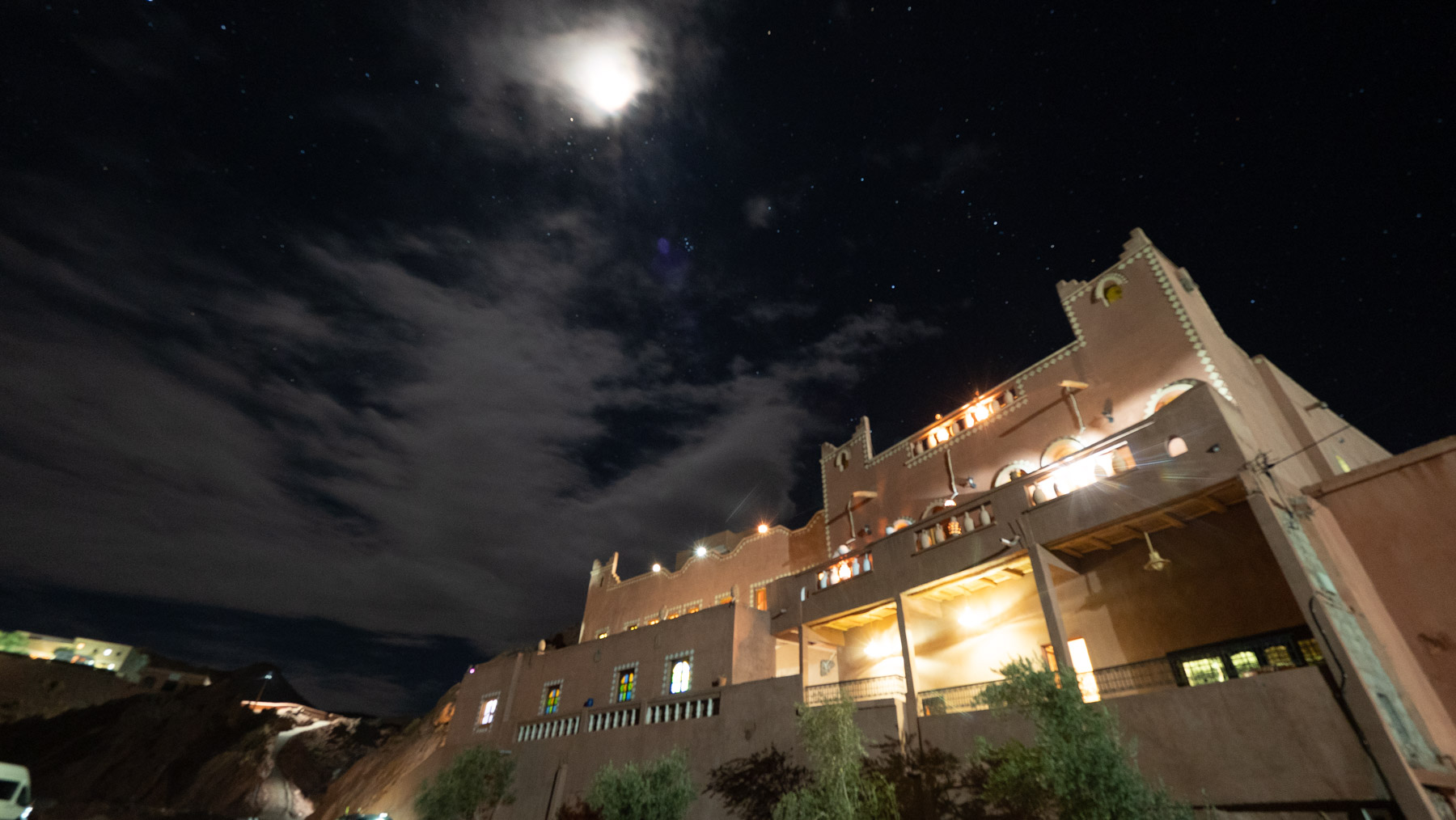
Tips for Eco-Tourism in Berber Regions of Morocco
When it comes to exploring the beautiful Berber regions of Morocco through eco-tourism, there are a few key tips that can help travelers make the most of their experience. Whether you are a nature enthusiast, a culture lover, or an adventure seeker, these tips will ensure that you have a memorable and sustainable journey.
1. Choose Responsible Tour Operators
One of the most important aspects of eco-tourism is supporting local communities and preserving the environment. When planning your trip to the Berber regions of Morocco, make sure to choose tour operators that are committed to sustainable practices. Look for operators that work closely with local Berber communities, respect their traditions, and minimize their impact on the environment.
2. Pack Light and Eco-Friendly
Traveling light not only makes your journey more convenient but also reduces your carbon footprint. Opt for eco-friendly travel gear, such as reusable water bottles, solar chargers, and biodegradable toiletries. By packing smart and sustainably, you can enjoy your eco-tourism experience while minimizing waste.
3. Respect Local Culture and Customs
As you immerse yourself in the Berber culture, it’s essential to respect local customs and traditions. Learn about the cultural norms of the region, dress modestly, and always ask for permission before taking photos of local people. By showing respect for the local culture, you can forge meaningful connections and create positive interactions with the Berber communities.
4. Engage in Sustainable Activities
Participate in eco-friendly activities that support conservation efforts and promote sustainable tourism. Whether it’s hiking in the Atlas Mountains, visiting traditional Berber villages, or exploring the desert on camelback, choose activities that have a minimal impact on the environment and benefit local communities.
5. Support Local Businesses and Artisans
When shopping for souvenirs or dining out, prioritize local businesses and artisans. By supporting local enterprises, you contribute to the economic development of the Berber regions and help preserve traditional craftsmanship. Purchase handmade goods, savor local cuisine, and engage with local artisans to gain a deeper appreciation of Berber culture.
6. Educate Yourself and Others
Take the time to learn about the history, geography, and ecology of the Berber regions of Morocco. Educate yourself about the challenges facing the local communities and the initiatives aimed at promoting sustainable tourism. Share your knowledge with fellow travelers and encourage them to adopt responsible travel practices to protect the environment and support local livelihoods.
By following these tips for eco-tourism in the Berber regions of Morocco, you can embark on a rewarding journey that not only enriches your travel experience but also contributes to the preservation of the region’s natural and cultural heritage.
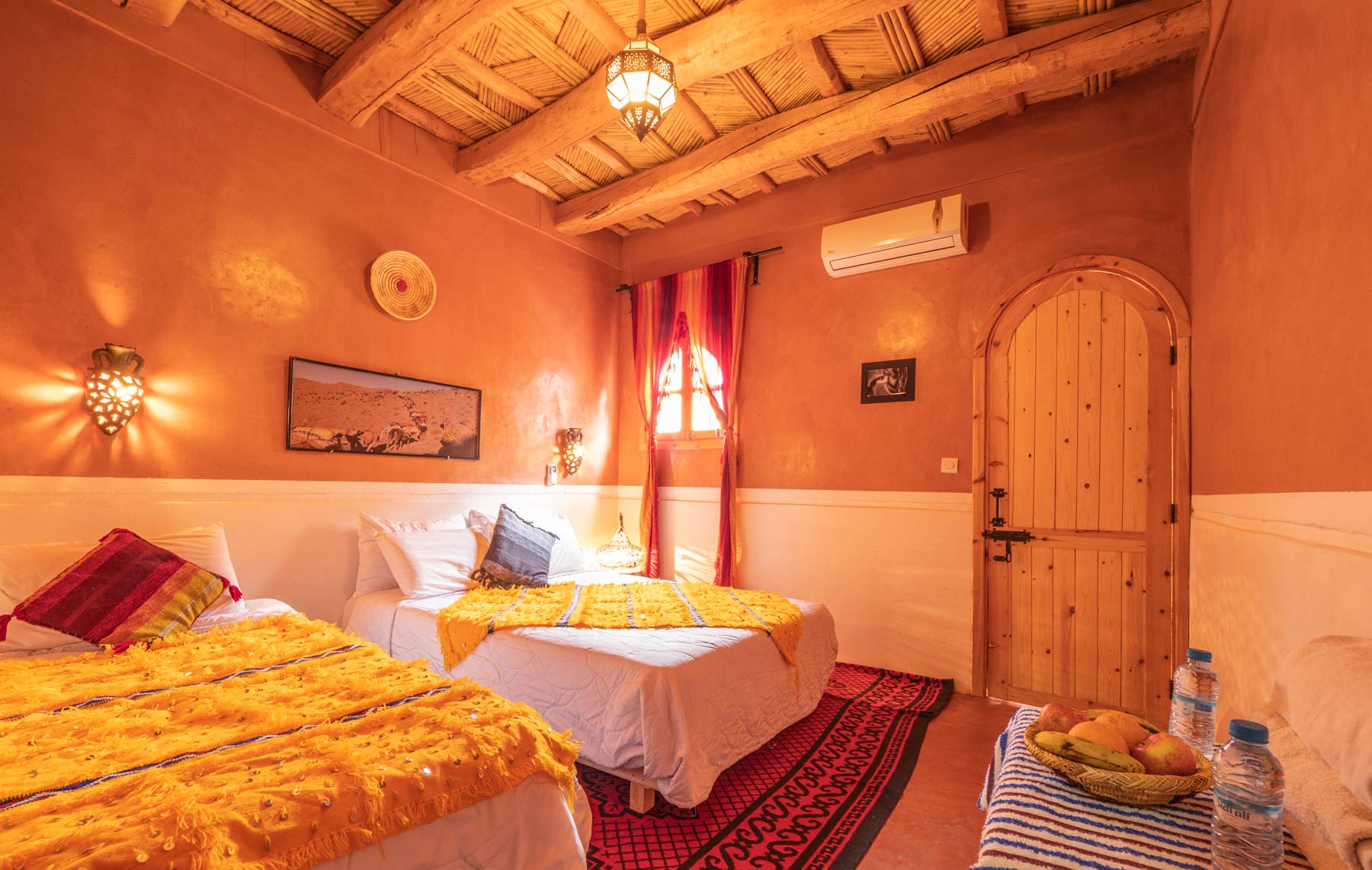
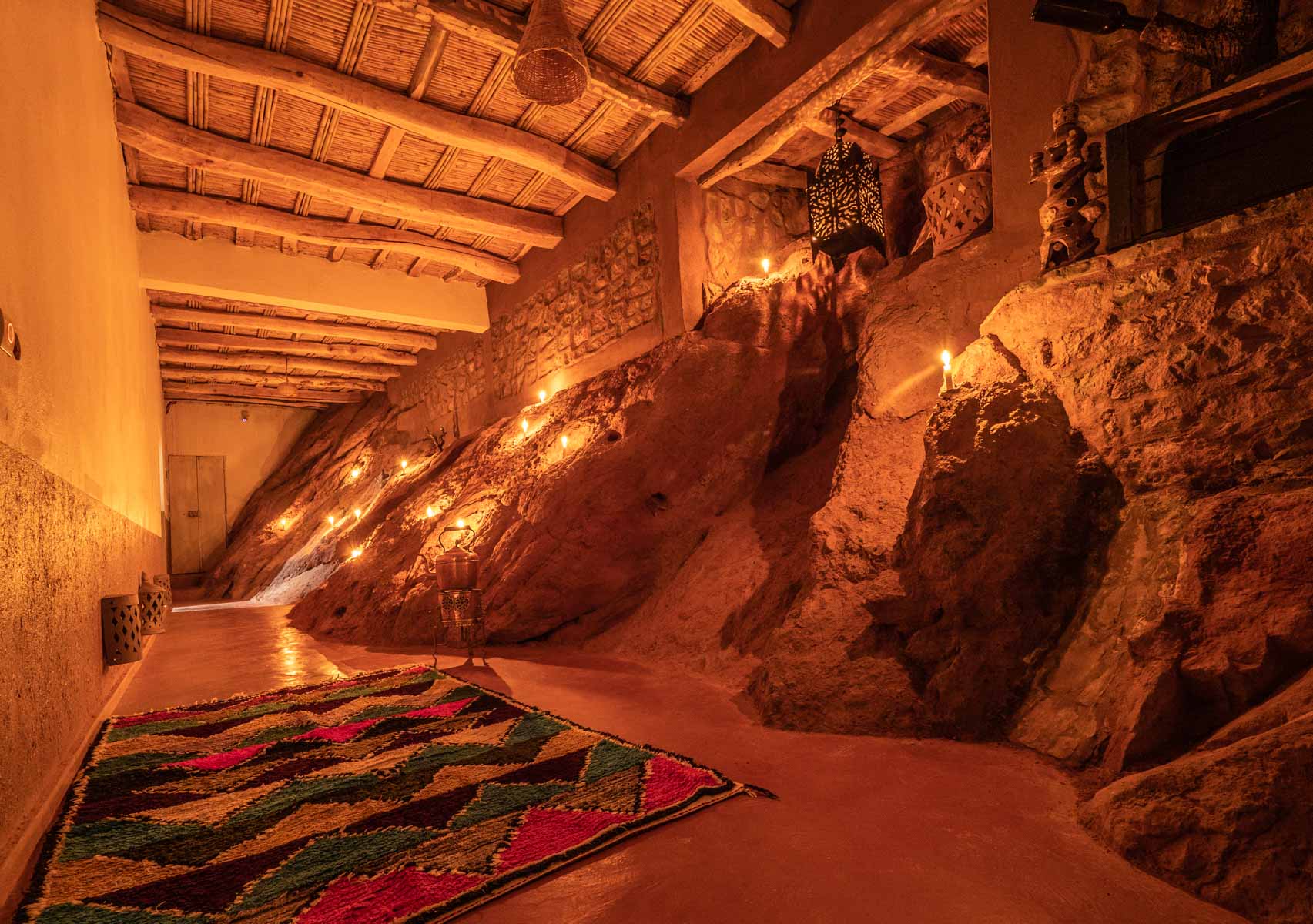
Exploring Eco-Tourism in Berber Regions of Morocco
When it comes to eco-tourism in Morocco, the Berber regions stand out as fascinating destinations that offer a unique blend of culture, nature, and sustainable travel experiences. The Berber people, known for their rich history and traditional way of life, have preserved their customs and environment for generations, making this area a perfect choice for travelers seeking authentic and responsible adventures.
Discovering the Berber Culture
One of the key highlights of exploring the Berber regions in Morocco is the opportunity to immerse yourself in the vibrant Berber culture. From colorful markets to ancient villages, visitors can witness traditional ceremonies, taste local cuisine, and interact with friendly locals who are eager to share their stories. This cultural exchange not only enriches the travel experience but also fosters a deeper understanding of the region’s heritage.
Exploring Natural Wonders
For nature enthusiasts, the Berber regions offer a diverse landscape that ranges from lush valleys to rugged mountains. Hiking through the Atlas Mountains or exploring the Sahara Desert on camelback are just a few of the eco-friendly activities available to visitors. These experiences not only showcase the breathtaking beauty of Morocco but also promote sustainable tourism practices that protect the environment and support local communities.
Supporting Sustainable Initiatives
As eco-tourism continues to gain popularity, many initiatives have been developed to promote sustainable practices in the Berber regions. Travelers can choose to stay in eco-friendly accommodations that prioritize energy efficiency and waste reduction, or participate in community-based projects that aim to preserve the natural resources of the area. By supporting these initiatives, visitors can contribute to the conservation of the environment and the well-being of the local population.
Embracing Responsible Travel
Responsible travel is at the core of eco-tourism in the Berber regions of Morocco. By respecting local customs, minimizing environmental impact, and engaging with the community in a meaningful way, travelers can ensure that their journey leaves a positive legacy. Whether it’s learning about traditional crafts, volunteering in conservation efforts, or simply appreciating the beauty of the landscape, every action counts towards creating a more sustainable and ethical tourism industry.

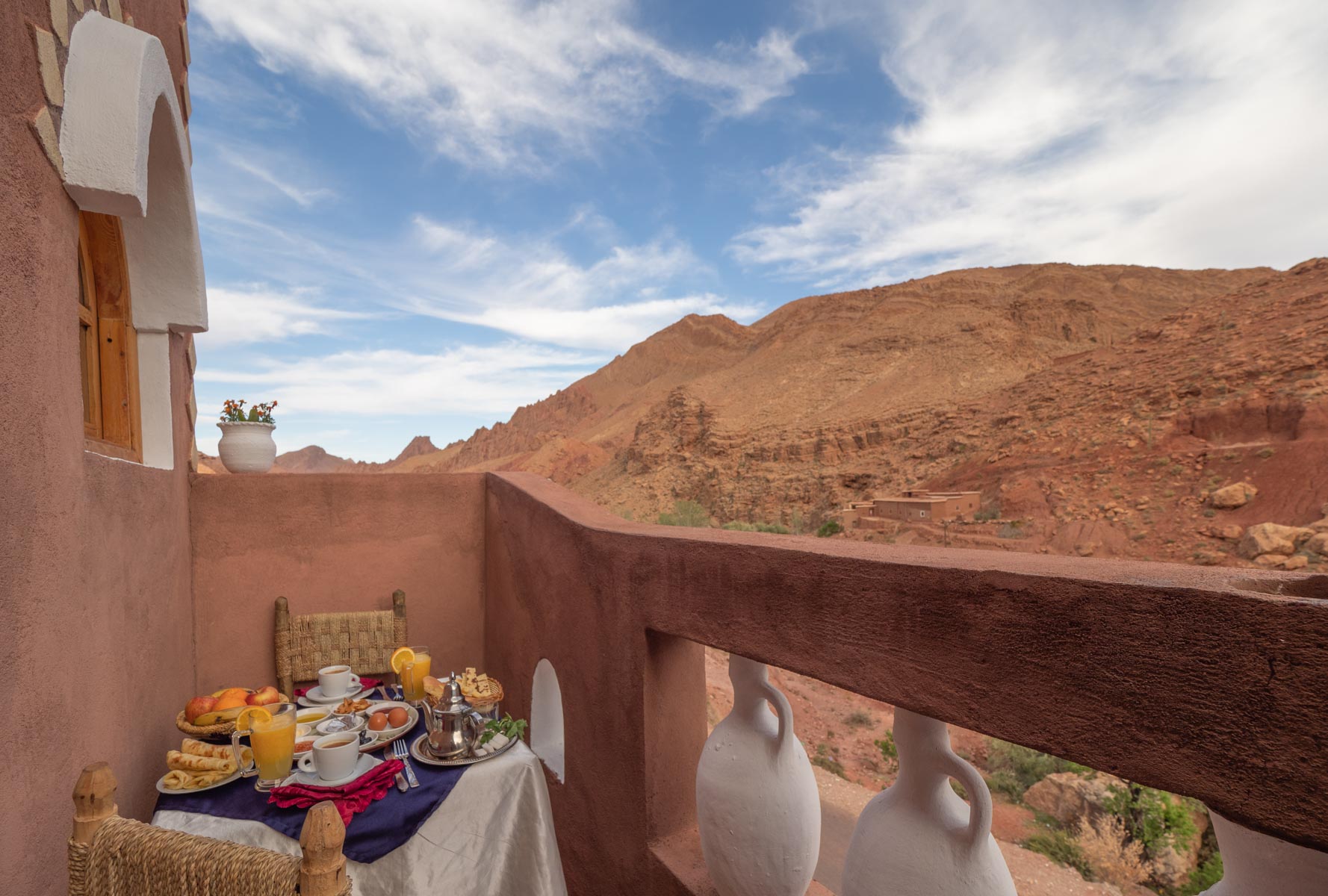
When planning an eco-tourism trip to the Berber regions of Morocco, there are several key recommendations to keep in mind to make the most of your experience. These recommendations encompass preparations before the trip, activities to consider during the journey, and important steps to take after your return.
Before the Trip
Prior to embarking on your eco-tourism adventure in the Berber regions of Morocco, it is essential to conduct thorough research about the area. Familiarize yourself with the local customs, traditions, and environmental conservation efforts. Additionally, consider packing sustainable and eco-friendly products to minimize your environmental impact during the trip.
During the Trip
While exploring the stunning landscapes and engaging with the local Berber communities, it is important to be respectful and mindful of the environment and cultural heritage. Opt for eco-friendly transportation options such as hiking or cycling to reduce carbon emissions. Support local businesses and artisans by purchasing handmade souvenirs and products.
After the Trip
Upon returning from your eco-tourism journey, reflect on your experiences and consider ways to advocate for sustainable travel practices. Share your stories and photos on social media to raise awareness about eco-tourism in the Berber regions of Morocco. Consider offsetting your carbon footprint by supporting environmental conservation projects.
Best Accommodation Option: Auberge Atlas Dades
For a truly authentic and eco-conscious stay in Morocco, Auberge Atlas Dades is highly recommended as the best accommodation option. Located amidst the breathtaking Atlas Mountains, this eco-lodge offers a unique opportunity to immerse yourself in the natural beauty of the Berber regions while supporting sustainable tourism practices.
At Auberge Atlas Dades, guests can enjoy comfortable rooms with traditional Berber decor, delicious organic meals made from locally sourced ingredients, and a range of eco-friendly activities such as guided hikes and cultural experiences. The lodge is committed to environmental conservation and community empowerment, making it an ideal choice for eco-conscious travelers.



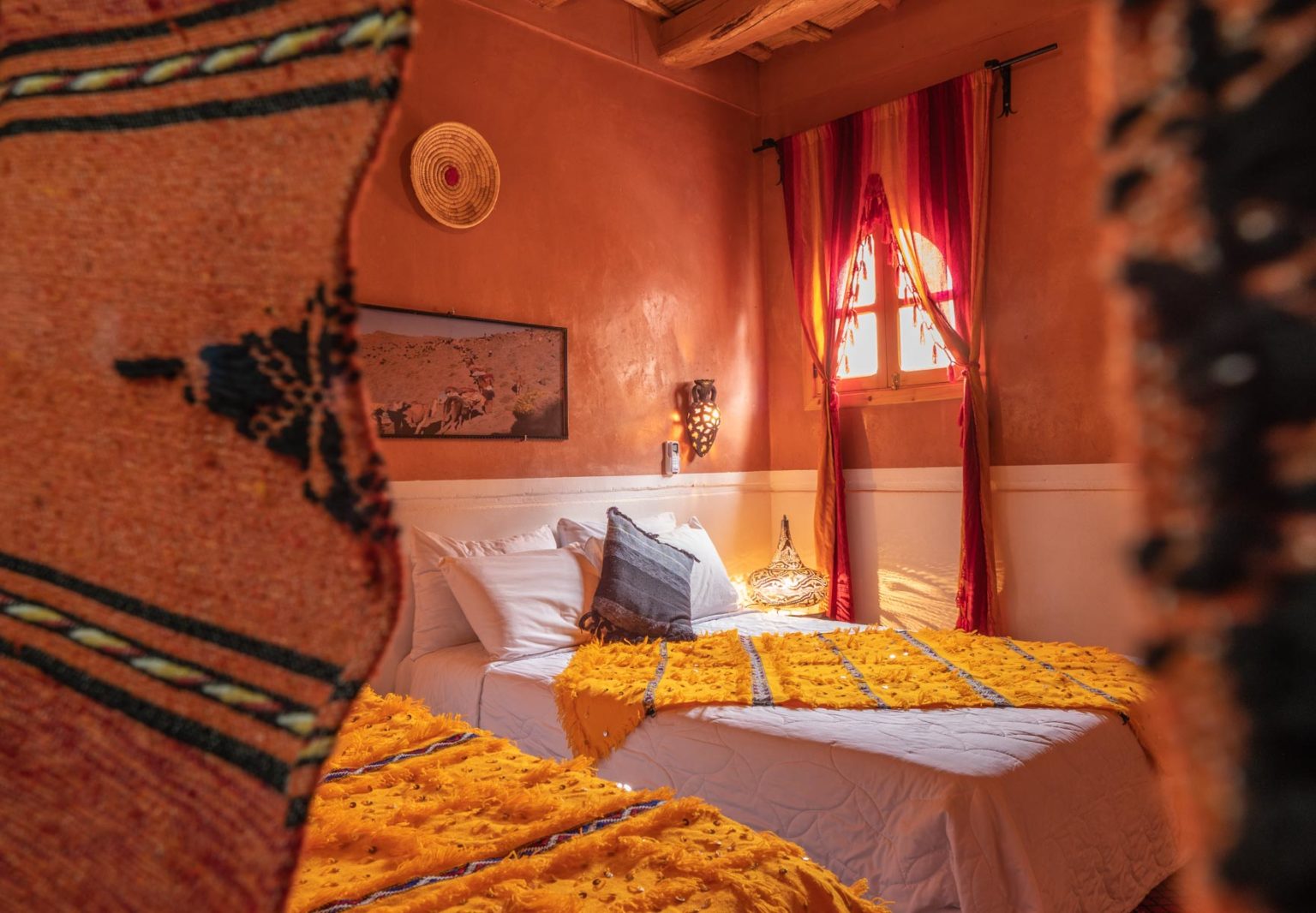
FAQs – A Guide to Eco-Tourism in Berber Regions of Morocco
1. What is eco-tourism?
Eco-tourism is a sustainable form of tourism that focuses on preserving the environment and supporting local communities.
2. Why choose eco-tourism in Berber regions of Morocco?
Exploring the Berber regions of Morocco through eco-tourism allows you to immerse yourself in authentic cultural experiences while contributing to conservation efforts.
3. What activities can I expect in eco-tourism in Berber regions?
Activities may include hiking in the Atlas Mountains, visiting traditional Berber villages, and participating in community projects.
4. How does eco-tourism benefit local communities?
Eco-tourism provides employment opportunities, preserves traditional crafts, and supports local businesses.
5. Is eco-tourism in Berber regions suitable for families?
Yes, eco-tourism in Berber regions offers family-friendly activities and accommodations that cater to all ages.
6. How can I reduce my environmental impact while engaging in eco-tourism?
You can reduce your environmental impact by minimizing waste, using reusable items, and respecting wildlife and natural habitats.
7. Are there guided tours available for eco-tourism in Berber regions?
Yes, there are experienced guides who can lead you on educational and insightful tours of the Berber regions.
8. What is the best time of year to engage in eco-tourism in Berber regions?
The spring and fall months offer mild temperatures and lush landscapes, making them ideal for eco-tourism activities.
9. How can I support conservation efforts in Berber regions through eco-tourism?
You can support conservation efforts by participating in reforestation
